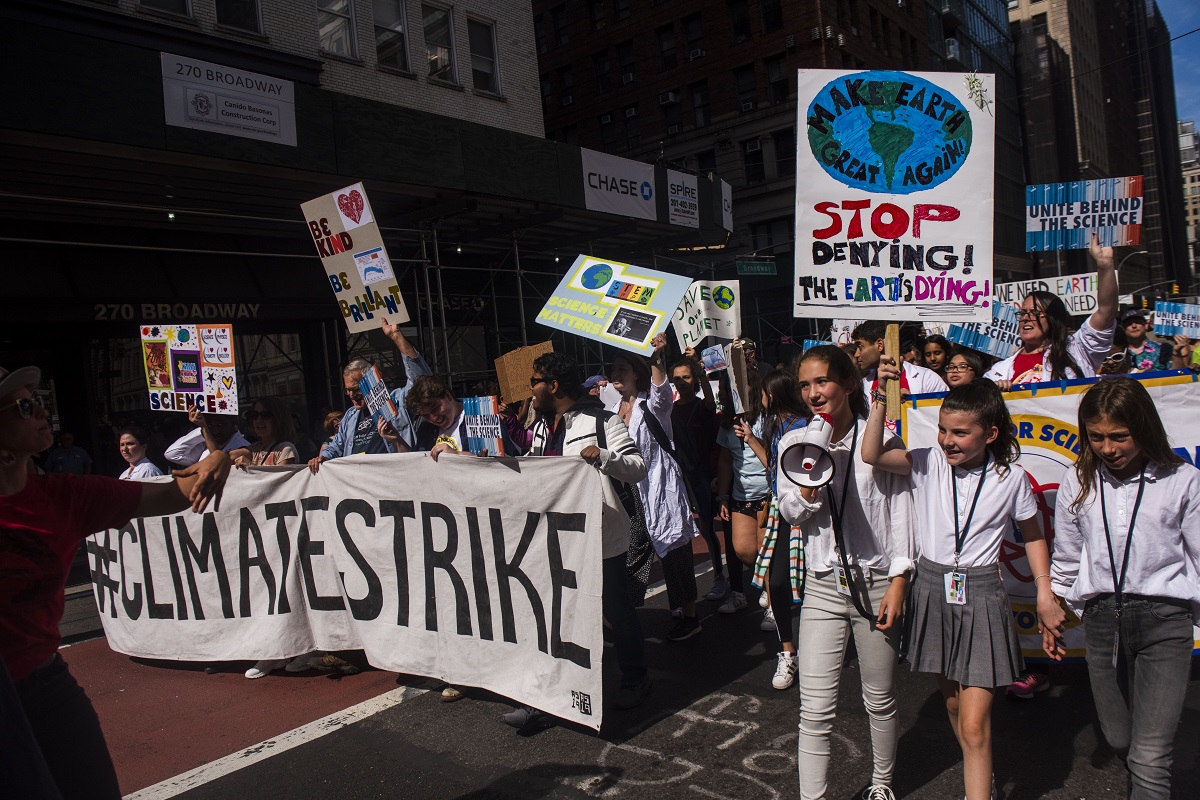
Terms such as ‘1.5ᵒC’and ‘Net Zero’ have entered the forum of public debate and will likely be assimilated into more common parlance as reporting on these issues continues. The volume of climate-related content in the media is increasing, particularly in relation to commitments and pronouncements made during COP26.
The nature of an event like COP26 means that such terms are often used by political leaders, media commentators and campaigners. It is important to reflect that statements like ‘keeping within 1.5ᵒC’, Net Zero’, ‘Negative Emissions’ etc. are not just policy positions; they are also scientifically derived thresholds based on quantified definition and are not simply interchangeable with the more general term, ‘lower emissions’.
This decade is considered by many as the period where hope of meeting a 1.5ᵒC target will be realised or extinguished, and specifically on the strength of global agreements made during COP26. 1.5ᵒC refers to the Paris Agreement, which states that we need to avoid dangerous climate change by careful monitoring of our emissions and by reaching an overall target – keeping global average temperature increase to within 1.5 degrees of preindustrial levels by 2100. ‘Net Zero’ refers to not adding to the amount of greenhouse gases, such as carbon dioxide (CO2) and methane, in the atmosphere, through human actions such as burning fossil fuels and agriculture, etc. This may be achieved by a range of strategies including a combination of low, zero and negative emission technologies, the latter referring to technologies which remove greenhouse gases from the atmosphere. Progress against this objective is ultimately quantified based on defined emission budgets.
It is worthwhile to reflect that students entering higher education now will be joining the workforce, and participating in the electoral process, when the boundaries of the ‘1.5ᵒC’ threshold are being approached. The choice of different political parties is a strategic endorsement of different climate policies, which may purport to accord with the ambition of the Paris Agreement. Adequate political education for the voting public now (including general scientific literacy) becomes ever more critical and for future generations. At this point it can be argued that climate literacy becomes a vital component of meaningful participation in the civic and political process. Statements of political support for avoiding a 1.5°C or a 2ᵒC future must be compared against actual policies in place or those pledged.
An understanding of the science and context around these issues therefore becomes fundamental – in order to develop the skills necessary to assess the impact of our changing climate, to develop solutions to mitigate emissions and adapt to a changing world. This is the rationale behind the new BSc in Climate Change offered by the University of Greenwich, which combines a diverse range of subjects, from land use, water use and energy management to topics in the social sciences and economics, such as law, equity and climate justice, business and trade, and explores the interactions between the atmosphere, the biosphere and the economy that underpin the current mitigation gap and emerging adaptation challenges.
Links:
Conor Walsh | BSc Climate Change | MSc Global Environmental Change

